RegTech & Compliance Automation: Transforming Risk Management in the Digital Era
In today’s fast-paced digital landscape, businesses operate under increasing regulatory scrutiny. From data privacy laws (GDPR, CCPA) to financial compliance (AML, KYC), organizations must continuously ensure they adhere to evolving regulations. Traditional compliance processes—manual, repetitive, and resource-intensive—are no longer sustainable. This is where Regulatory Technology (RegTech) and Compliance Automation step in.
What is RegTech?
RegTech, short for Regulatory Technology, refers to the use of advanced technologies like AI, machine learning, blockchain, and big data analytics to streamline and improve compliance processes. Its primary goal is to reduce risk, ensure regulatory adherence, and minimize costs for businesses.
Compliance Automation: Taking RegTech to the Next Level
Compliance automation uses intelligent software to monitor, detect, and act on compliance requirements in real-time. Instead of manually checking transactions or filling audit reports, automation tools provide continuous oversight—saving time, reducing errors, and offering transparency to regulators.
Key Benefits of RegTech & Compliance Automation
-
Real-time monitoring – Instantly detect risks, anomalies, or suspicious activities.
-
Cost efficiency – Reduce the need for large compliance teams and manual audits.
-
Improved accuracy – Minimize human error with AI-driven insights.
-
Scalability – Adapt to changing regulations without overhauling existing systems.
-
Enhanced trust – Build stronger relationships with regulators, customers, and stakeholders.
Applications Across Industries
-
Banking & Finance – Automating AML checks, fraud detection, and KYC processes.
-
Healthcare – Ensuring HIPAA compliance and data security.
-
Insurance – Risk assessments and fraud monitoring.
-
Technology & E-commerce – Adhering to data privacy and cybersecurity regulations.
The Future of RegTech
With regulations evolving rapidly, RegTech will play a critical role in helping organizations remain agile and resilient. AI-driven predictive compliance, blockchain-powered audit trails, and cloud-native compliance platforms will become standard, enabling businesses to stay ahead of regulatory changes.
Frequently Asked Questions (FAQs)
Q1: How is RegTech different from traditional compliance tools?
A: Traditional compliance tools are often manual and reactive, while RegTech leverages AI, analytics, and automation for proactive, real-time compliance management.
Q2: Which industries benefit the most from RegTech?
A: Banking, finance, insurance, healthcare, and technology-driven businesses benefit most, but RegTech is applicable across all regulated industries.
Q3: Is compliance automation suitable for small businesses?
A: Yes, automation reduces costs and complexity, making compliance easier for SMEs that lack large compliance teams.
Q4: What technologies power RegTech solutions?
A: Artificial intelligence, machine learning, natural language processing (NLP), robotic process automation (RPA), and blockchain are key technologies.
Q5: Can RegTech fully replace human compliance officers?
A: No. RegTech enhances efficiency and accuracy, but human oversight is still essential for judgment, ethics, and decision-making.













 2025. All rights reserved
2025. All rights reserved